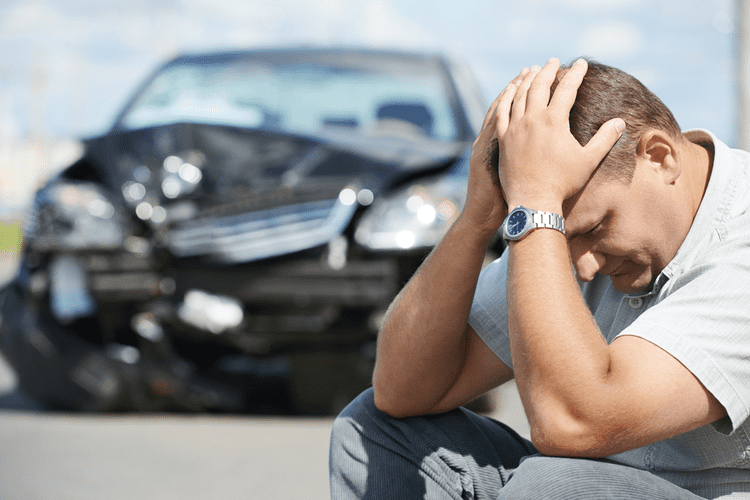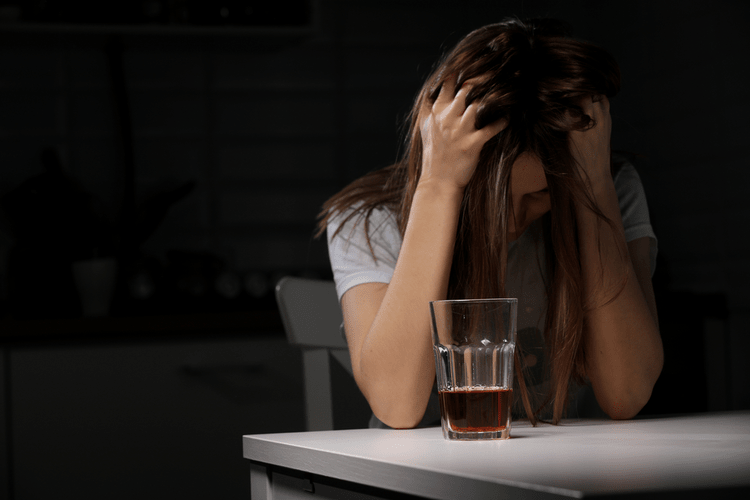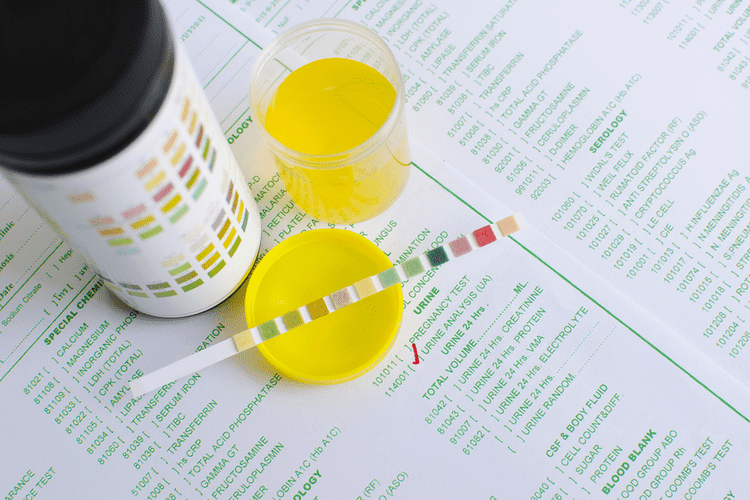Sometimes I would just have to remove myself from the situation entirely to avoid the temptation of alcohol. This only resulted in more feelings of loneliness and FOMO (fear of missing out) since my friends were all out together and I was sitting at home by myself. Benzodiazepines, a class of anti-anxiety drugs that some people with depression may use, may help with alcohol withdrawal. When combined with alcohol, however, they can cause life-threatening intoxication. The specific effects of alcohol on antidepressants depend on the antidepressant a person takes.
- Scientists have linked frequent alcohol use to depression, anxiety, mood disorders, and self-harm (e.g., suicide attempts and cutting).
- Some people turn to alcohol when dealing with depressive disorders, but this can lead to a worse prognosis if left untreated.
- The findings counter the long-held belief that the pleasure people experience when drinking alcohol decreases with addiction and that drinking to intoxication is mainly to reduce negative feelings as a form of self-medication.
Why Sobriety Helps Mental Health

Talk to your doctor and work out a plan to safely lower your alcohol consumption. If you feel you’re drinking more than you’d like or your alcohol use is making your depression symptoms worse, there are some things you can do. If you have depression and anxiety and want to drink alcohol, there are some considerations. Generally, you should limit your intake to 14 units of alcohol in a week — this is equal to six standard glasses of wine or six pints of lager.
What are the symptoms of depression?

Do whatever exercise does drinking make your depression worse you enjoy or try a new one to shake up your workouts. When you drink it, your stomach and small intestine absorb it into the bloodstream. This makes it more difficult for your body to fight off infections, including the common cold and flu, as well as pneumonia and tuberculosis. Similarly, men who binge drink are more likely to develop erectile dysfunction than men who don’t.
Drinking worsens negative emotions
Since you can meet with your therapist from anywhere with a strong internet connection, you can even attend your appointments from home. Depressive disorders tend to be the most common psychological disorder to occur in individuals experiencing alcohol use disorder. Additionally, when the two disorders occur together, the symptoms of each can appear more severe than if an individual were only experiencing one disorder. When facing both depression and alcohol misuse, addressing one without the other usually isn’t enough.
- Loneliness and alcohol abuse build on each other, but why exactly do we turn to alcohol when we’re feeling lonely in the first place?
- Since alcohol can cloud your brain, it can keep you from seeing helpful solutions to problems.
- What’s more, one can make the other worse in a cycle that’s pervasive and problematic if not addressed and treated.
- But as you continue to drink, you become drowsy and have less control over your actions.
- The disorder often develops when individuals are in either their twenties or thirties.
- In PMDD, for instance, these depressive symptoms only occur during the luteal phase of one’s menstrual cycle.
- If you don’t have alcohol dependence, you can stop drinking alcohol.
- A strangling reliance on alcohol oftentimes leads to individuals physically and emotionally distancing themselves from loved ones.
Drinking activates the reward system in your brain and triggers dopamine release, so alcohol often seems to have a stimulating effect — at first. In small to moderate amounts, alcohol can temporarily lift your spirits and help improve your mood. Because of this shared connection, treatment for both should include a diet to improve gut function and reduce endotoxin load that contributes to neuroinflammation.

Insomnia and Alcohol Addiction
It can also enhance aggression, hurt decision-making, and lower inhibitions. When struggling with suicidal thoughts and tendencies, it’s common Sobriety to want to escape the pain you’re feeling inside. This is why many individuals often turn to risky behaviours, including using drugs and alcohol. It’s worth noting that certain populations may be particularly vulnerable to the effects of alcohol on mental health.
